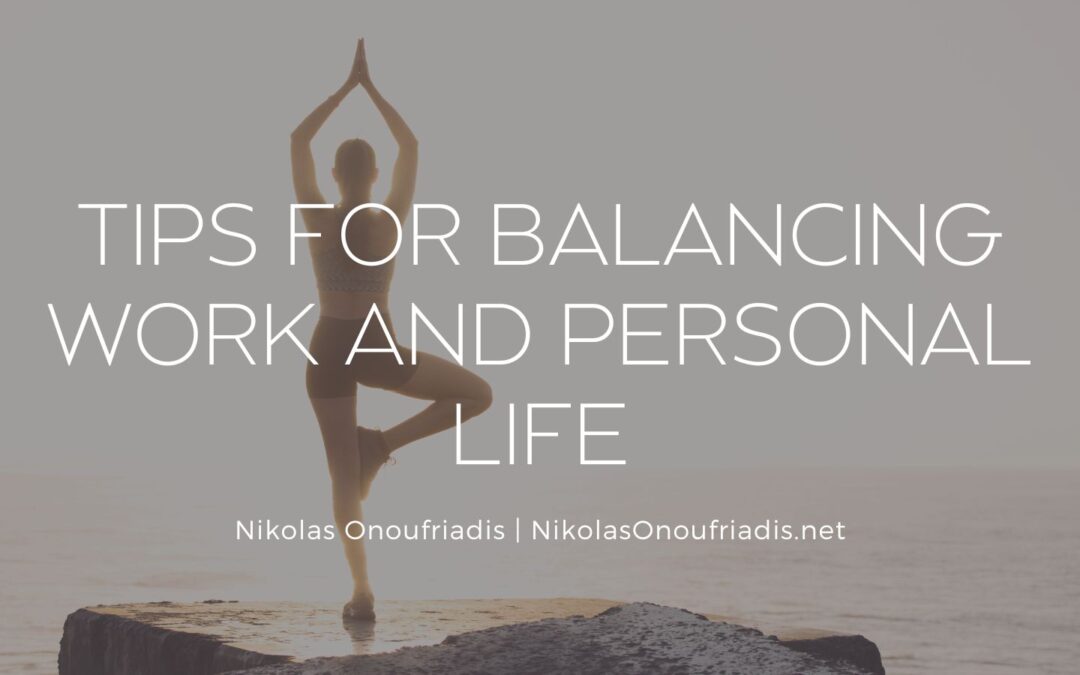Both physical and emotional health depend on striking a good balance between work and personal life. These are some scenarios that can benefit from this kind of balance:
Better Mental Health: Maintaining a healthy balance between work and personal obligations may help to lessen stress, worry, and burnout, all of which can be detrimental to mental health. People may increase their general well-being and lower their risk of mental health problems by scheduling time for self-care, leisure, and hobbies.
Better Relationships: Juggling work and personal obligations may enhance your connections to loved ones, family, and friends. People may enhance relationships, communication, and collaboration by making time for social activities a priority.
Increased Productivity: Maintaining a healthy work-life balance may boost output and increase job satisfaction. People may recharge and return to work feeling reenergized and rejuvenated by scheduling time for self-care and relaxation, which will eventually improve performance and results.
Better Physical Health: Juggling work and personal obligations might benefit one’s physical well-being. People may increase their general physical well-being and decrease their chance of developing chronic health problems by making time for exercise, a good diet, and enough sleep a priority.
Increased Happiness: Finding a healthy work-life balance may boost your happiness and make you feel more satisfied with your life. People may develop a feeling of satisfaction and purpose outside of the workplace by making time for their interests, social interactions, and self-care.
Set Boundaries
Setting boundaries is essential for creating a healthy work-life balance. This could include setting limits on work hours, avoiding checking work emails or messages during personal time, and communicating your boundaries to colleagues and supervisors.
Prioritize Your Time
Prioritizing your time is essential for balancing work and personal life. Make a list of your priorities and allocate your time accordingly. This could include scheduling time for exercise, hobbies, socializing, and other personal activities.
Learn to Say No
Learning to say no is essential for balancing work and personal life. Saying no to requests or commitments that don’t align with your priorities or values can help you to focus on what’s most important to you.
Practice Time Management
Time management can help you be more productive and efficient with your time, allowing you to balance work and personal life more effectively. This could include creating a schedule, prioritizing tasks, and minimizing distractions.
Take Breaks
Taking breaks is essential for reducing stress and maintaining productivity. Take short breaks throughout the day to rest and recharge, and take longer holidays or vacations to disconnect and enjoy personal time.
Make Time for Self-Care
Self-care is essential for maintaining physical, mental, and emotional well-being. Make time for self-care activities, such as exercise, mindfulness, or relaxation techniques, to reduce stress and enhance your overall well-being.
Seek Support
Seek support from friends, family, or colleagues when you need it. A support system can help you manage stress and find a healthy balance between work and personal life.
balancing work and personal life is essential for our well-being and happiness. By setting boundaries, prioritizing your time, learning to say no, practicing time management, taking breaks, making time for self-care, and seeking support, you can find a healthy and sustainable balance between work and personal life.

